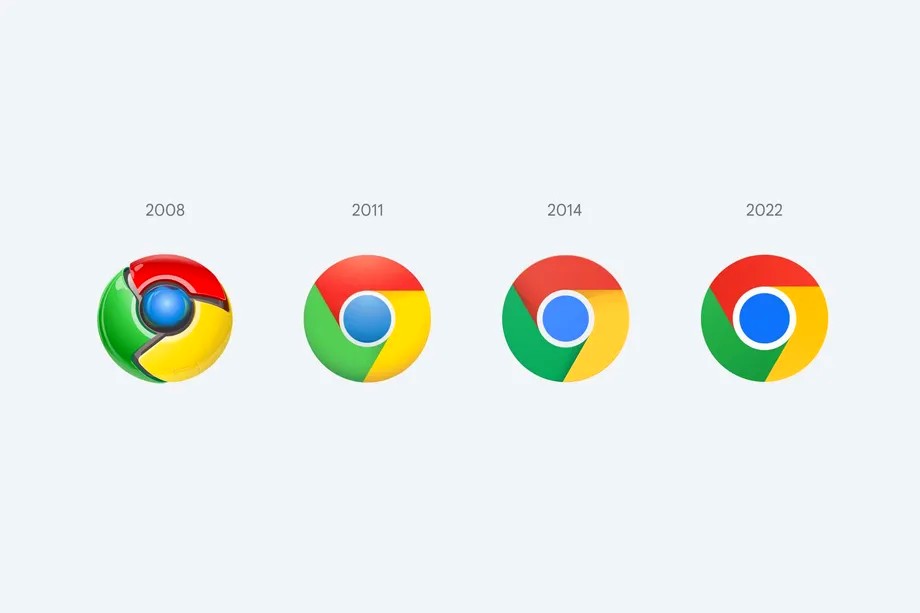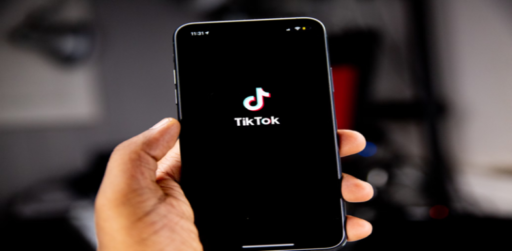Google’s Chrome browser has been updated to version Chrome Version 100, almost 14 years after it introduced the world to its clean design and all-encompassing “omnibox” in 2008. For most of its history, the search giant’s browser has gained a new version number roughly every six weeks, but last year the company switched to a four-week cycle to deliver new features more quickly.
Google Chrome’s Version 100
Google says the version 100 update is rolling out on stable channels now across Windows, Mac, Linux, Android, and iOS. In my part of the world, turning 100 gets you a telegram from the Queen, but Chrome’s first triple-digit version has arrived with less in the way of fanfare, and more “fixes and improvements.”
The biggest change is the arrival of a refreshed logo. The new design removes some of the shadowing detail from the 2014-era logo, which makes for a flatter look that’s more in line with the app icons for Google’s other services.
Transitions in the Version 100
Other changes coming with version 100 of Chrome include the removal of “lite mode” in the browser’s Android app, which was previously designed to use less mobile data and load web pages faster. But as Chrome support manager Craig Tumblison explained in a post last month, the feature has become less necessary as mobile data costs have decreased, and Chrome has generally become more data efficient.
There have been fears that the transition to version 100 could cause issues for any websites that are only designed to recognize browsers with two-digit version numbers. But given Google has been warning about the transition for months, it’s likely that any major bugs will already have been spotted and ironed out. If that’s not the case, however, Google has said it’s able to freeze its browser’s version number at 99 while these issues are addressed.
Also Read: Best Productivity Apps for Small Businesses to Boost Work Efficiency











